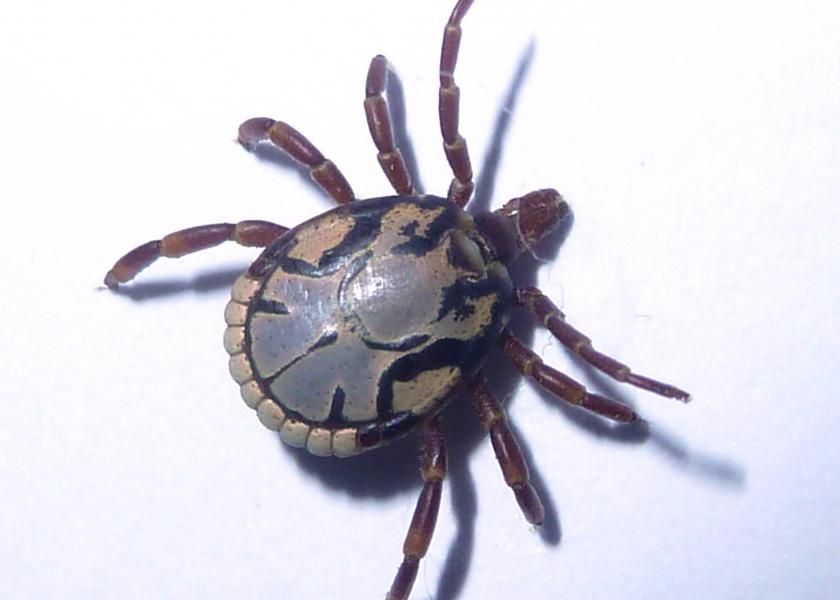Why Cattlemen Should Care About Dog Import Legislation

The opinions in the following commentary are those of Art Parola, a native of Kentucky and a consultant with over a decade of experience in the pet industry. He is passionate about animals, wildlife, and the outdoors.
Heartwater. Even hearing the word can make any beef or dairy producer shudder. The rickettsial disease threatens protein food supplies by infecting and killing cattle, sheep, goats, and other ruminants, potentially within hours of the first development of symptoms. The disease is native to sub-Saharan Africa but has spread to other regions including the Caribbean, where eradication efforts have been unsuccessful. A small arachnid known as the Bont tick is the main vector, although once established other tick species may be able to disperse outbreaks further.
While the US has been successful in preventing the importation of bont ticks and heartwater thus far, pathways still exist that could potentially allow the vector and disease into the US. Adult ticks feed on the blood of mammals including cattle and canines. Last year, over a million dogs and puppies were imported into the US to be rescued from alleged homelessness or abuse. Unfortunately, the real sources of these animals are largely unknown. A significant portion were imported from the Caribbean region, the same area that is infested with, and has been unable to control, heartwater disease. A massive threat to the US food supply could be hiding beneath the fur of an imported dog.
Ticks traveling as stowaways on dogs coming into the United States is not a hypothetical situation. Dogs are one of the animals suspected of having transported the Asian longhorned tick into the country from Asia. Originally found infesting a sheep farm in New Jersey (suspiciously close to John F. Kennedy International Airport, a major hub for illegal dog imports according to Customs and Border Patrol officials and Center for Disease Control Veterinarians) in 2017, the species has now been detected in at least12 states. Asian longhorned ticks have been shown to carry Rocky Mountain Spotted Fever and other pathogens, but fortunately thus far there is no evidence the species can carry or transmit heartwater.
This should obviously be a major concern to farmers. Large scale imports of dogs without proper screening for parasites and diseases is troubling. But what is even more worrisome is the lack of oversight currently being implemented to do anything about it. Many of the dogs entering the country are younger than the law allows, and others almost certainly have fraudulent veterinary documents. While the emotional appeal of saving a puppy from an undesirable situation causes many to look the other way, the potential risk to the nation’s food supply must be considered.
Congressman Ralph Abraham of Louisiana, a medical doctor and veterinarian has introduced H.R. 6921, the Healthy Dog Importation Act, to Congress. The bill will ensure all dogs entering the United States are properly screened for pathogens and parasites. The legislation will prevent inadvertent introduction and spread of diseases to dogs, humans, and livestock by streamlining federal oversight of imports, ensuring electronic import documentation is shared between federal agencies, and clarifying USDA Animal and Plant Inspection Service’s key enforcement authority.
For the well-being of the millions dogs that provide companionship and service, the health of livestock that provide for the protein needs of a prosperous nation, and the safety of all people, the cattle industry must understand the current threat presented by unscreened and illegal canine imports and voice support for this legislation.







